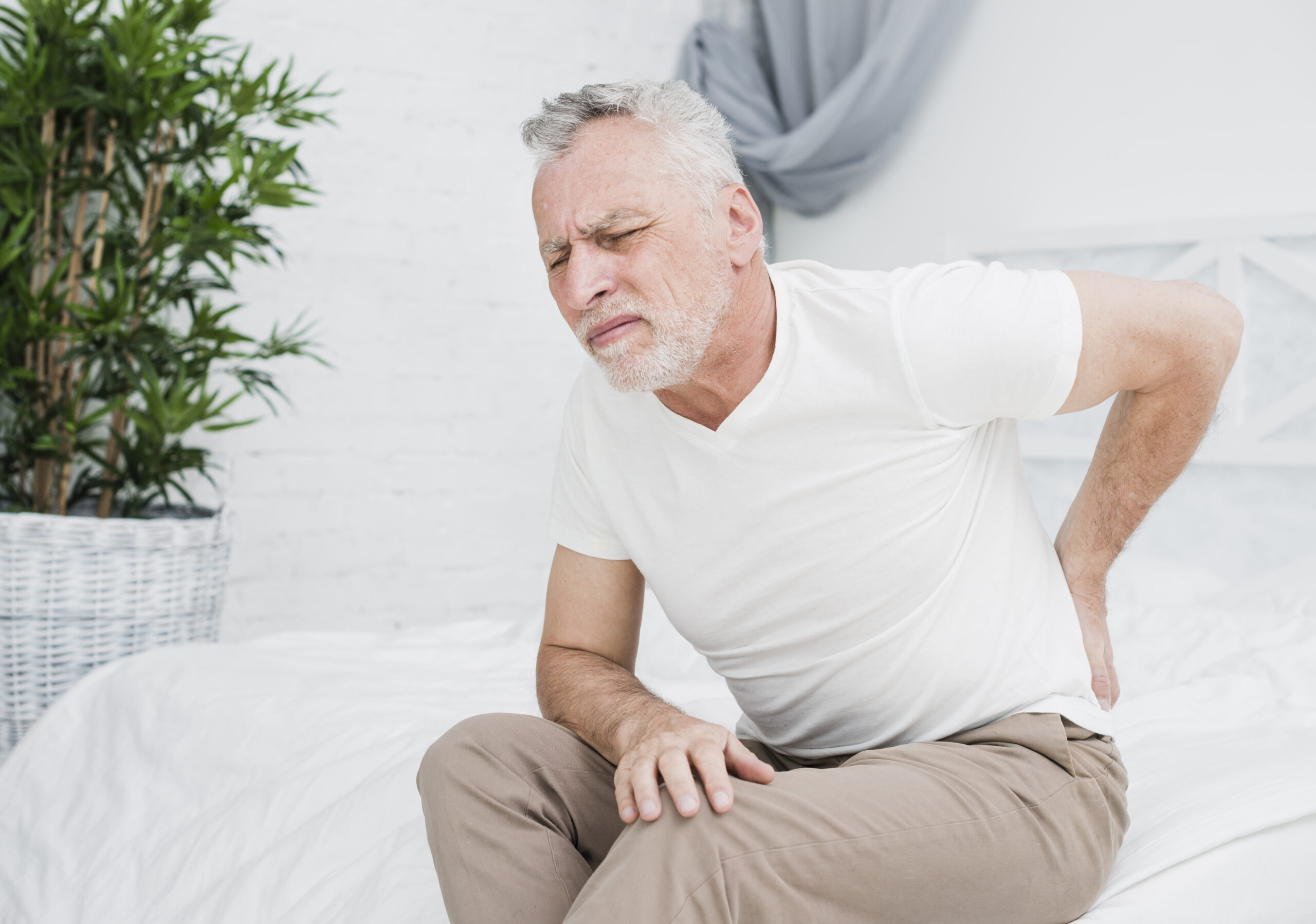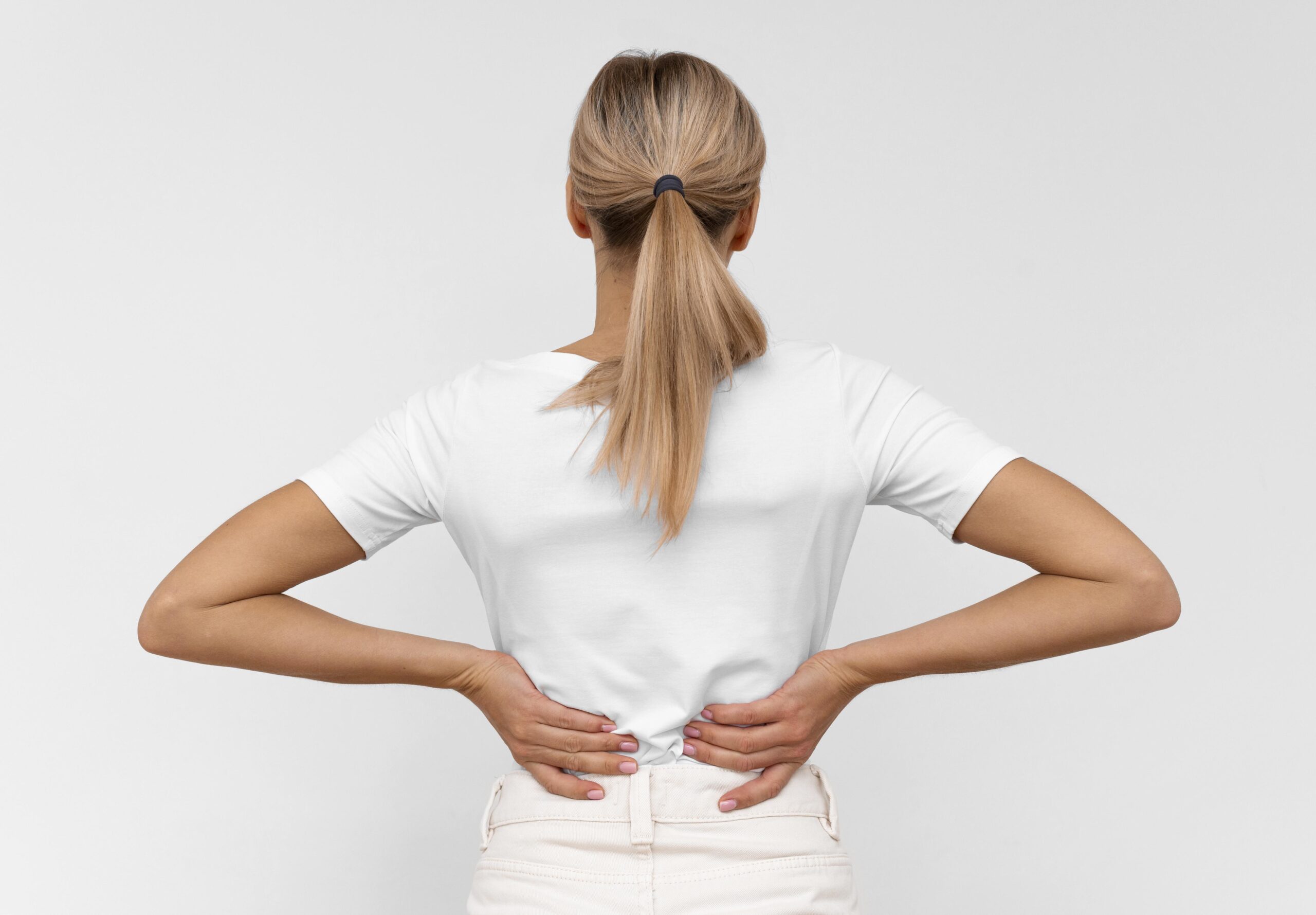Can Panchakarma Cure Slip Disc?
Panchakarma Treatment for Slip Disc
A spinal disc bulge, also known as a herniated disc or slipped disc, occurs when the soft inner core of a spinal disc protrudes through the tough outer layer. This can lead to pain, numbness, and weakness in the affected area, often radiating down the arms or legs, depending on the location of the bulge.
Ayurvedic Therapy: Panchakarma, a cornerstone of Ayurvedic healing, involves detoxification and rejuvenation techniques to restore balance in the body. For spine disc bulges, therapies help to alleviate pain and inflammation, strengthen the muscles, and improve circulation to the affected area.
Internal medications: Ayurvedic medicines with anti-inflammatory and analgesic properties can help reduce pain and swelling associated with the condition. These can be consumed internally or applied topically.
Diet and Lifestyle Modifications: Ayurveda emphasizes the importance of dietary and lifestyle habits in maintaining overall health and well-being. Individuals with spine disc bulges are advised to follow a Vata-pacifying diet, which includes warm, nourishing foods like cooked grains, soups, steamed vegetables, and herbal teas. Avoiding cold, dry, and hard-to-digest foods is also recommended. Additionally, incorporating gentle exercises such as yoga asanas and pranayama (breathing techniques) into daily routines can help improve flexibility, strengthen the spine, and alleviate symptoms.
Yoga and Meditation: With its focus on mindful movement and breath awareness, yoga can be immensely beneficial for managing spine disc bulges. Specific yoga poses such as Bhujangasana (Cobra Pose), Salabhasana (Locust Pose), and Setu Bandhasana (Bridge Pose) help stretch and strengthen the spine, thereby reducing compression on the discs and relieving pain. Meditation and relaxation techniques can also promote mental and emotional well-being, reducing stress and its impact on the body.


What is the fastest way to relieve lower back pain at home?
Apply Heat Packs:
Heat therapy can help relax tense muscles and improve blood flow to the affected area, reducing pain and stiffness. Apply a heating pad, hot water bottle, or warm towel to the lower back.
Practice Gentle Stretching:
Gentle stretching exercises can help relieve tension and improve flexibility in the muscles supporting the lower back. Try simple stretches such as knee-to-chest, cat-cow, or pelvic tilts to loosen tight muscles and ease pain.
Maintain Good Posture:
Poor posture can exacerbate lower back pain by putting additional strain on the muscles and joints. Practice good posture habits, such as sitting up straight, keeping your shoulders relaxed, and supporting your lower back with a cushion or rolled towel when sitting for prolonged periods.
Stay Active:
While it’s essential to rest and avoid strenuous activities during acute episodes of lower back pain, staying sedentary for too long can worsen symptoms. Engage in gentle activities like walking, swimming, or cycling to keep the muscles and joints mobile and promote healing.
Practice Relaxation Techniques:
Stress and tension can contribute to lower back pain or exacerbate existing discomfort. Incorporate relaxation techniques such as deep breathing, meditation, or progressive muscle relaxation into your daily routine to promote relaxation and reduce stress levels, which can alleviate lower back pain.
Conclusion
While Panchakarma offers holistic benefits for overall well-being and can provide relief for certain symptoms associated with spine disc bulges, it may not be a standalone cure for this condition. Ayurvedic therapies, including Panchakarma, can complement conventional treatments and lifestyle modifications, aiding in pain management, strengthening the spine, and promoting overall health. However, individuals with spine disc bulges should consult healthcare professionals for a comprehensive treatment plan tailored to their specific needs.
Additionally, incorporating home remedies like heat therapy, gentle stretching, maintaining good posture, staying active, and practicing relaxation techniques can further support the management of lower back pain. By combining traditional wisdom with modern approaches, individuals can take proactive steps toward improving their spinal health and overall quality of life, while exploring options like Back Pain Ayurvedic Treatment in Kerala for comprehensive wellness
How Our Booking Process Works
The unique approach involves a series of discussion during your initial decision-making process to make sure that we will be able to match your expectations with our treatment.
Based on the discussions with you our team of expert doctors will design the best treatment package personalized for your needs.
01
Consultation Form
Fill out our consultation form, and let us know when will you be available for our doctor to talk to you
02
Discussion with Doctor
Discuss your health condition and expectations with our doctor.
03
Booking Confirmation
Confirm the booking by making a payment of 50% advance.
Consultation Form
Submit this form to initiate a booking with us
Have any queries? We will help you. Talk to us now
Say Goodbye to Health Woes & Hello to Healthy Living
Dheemahi Ayurvedic Pvt Ltd
12/386 Varaputhara Road
Kumarakom, Kerala, India
Pin 686563
Dheemahi Ayurvedic Centre, Near Neelimangalam Bridge, Kumaranaloor, Perumbaikad.P.O, Kottayam, Kerala, India, Pin 686016
Other Treatments
Best Ayurveda Hospital in Kerala | Best Ayurveda Retreat in Kerala | Everything about Panchakarma Treatment in Kerala | Can Panchakarma cure slip disc? | Ayurvedic Treatment Packages in kerala | Best Ayurvedic Centre in Kerala | Karkidaka Chikilsa | Ayurvedic Treatment for Depression | How to Reduce Stress Naturally | Dietary and Lifestyle Recommendations for Weight Loss | Autoimmune Disorders
